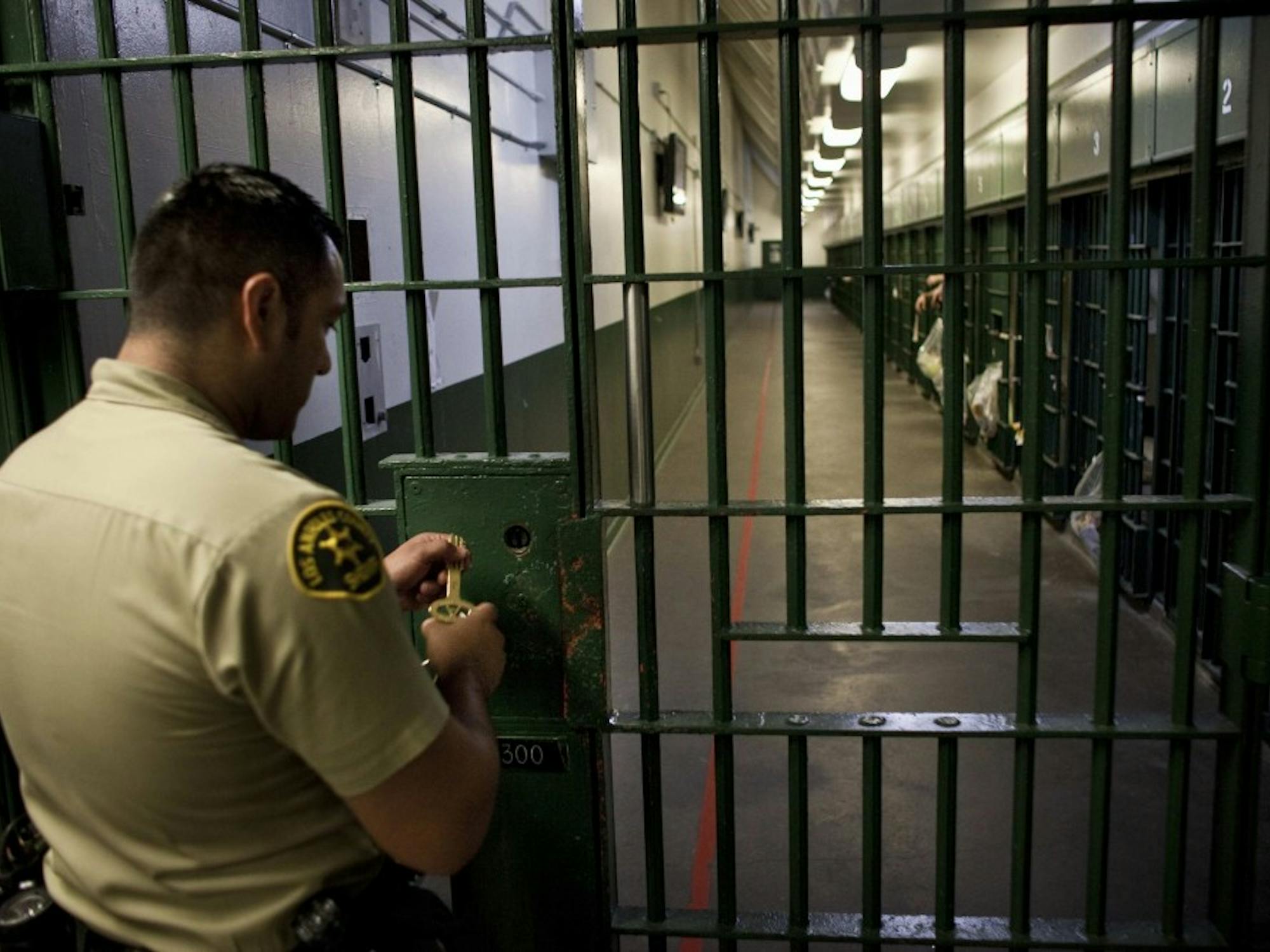The U.S. justice system is harsh when handing out life sentences, and when the convicted criminal is a juvenile, the possibility of an undiagnosed mental illness is common. The atrocious nature of the present prison system subjects the freshly convicted minor to extreme and inhumane treatment, such as solitary confinement, which severs one’s hope for personal growth and development.
The whole issue pivots on the debate of whether or not people sentenced to life in prison are capable of convalescence, and raises the question of what the true objective of the current prison system is. Should it serve to simply punish those who have committed a crime, to separate criminals from society or to rehabilitate those with anti-social tendencies? When these questions are applied to a juvenile they become even more complicated.
But even the U.S. Supreme Court agrees that while an adolescent should receive consequences for his or her negative actions, life in prison for a juvenile criminal seems unfair. In late January, a federal judge ruled a landmark Supreme Court decision applies retroactively for juvenile murderers sentenced to life in prison without parole in Michigan. The inmates serving no-parole sentences must receive a “fair and meaningful” chance at leaving prison, U.S. District Judge John Corbett O’Meara said in an order filed in federal court.
This is great news for young criminals in prison, as without such a ruling juveniles are usually buried within the walls of the judicial system with the door slammed on the rest of their lives.
Often, when a criminal is a minor, their understanding of right and wrong might be skewed and underdeveloped due to a combination of circumstances including poverty, abuse and possible mental illness. And associated juvenile behavior could land them in solitary confinement, which is extremely harmful to a person’s capacity to form more compassionate and socially acceptable attitudes.
“Cruel and unusual” are words that might be used to describe putting a juvenile, no matter how heinous the crime he or she committed, through the mental torture of sensory deprivation, permanent bright lighting, extreme temperatures and forced insomnia.
In a Feb. 1 Detroit Free Press article, Gabe Newland, a law student at the University of Michigan, pleaded with Michigan Gov. Rick Snyder to end solitary confinement in Michigan. Newland argued solitary confinement is not only an unnecessarily expensive method of containing problematic prisoners, it is also detrimental to sustaining a minimally violent prison community.
He explained that when solitary confinement was reduced in prisons in Mississippi, the rates of violence in the prison population plummeted, and the system saved more than $5 million per year.
The changes made in Mississippi reduced the number of inmates in solitary confinement by overhauling the state’s classification system, which determines whether a prisoner goes to a minimum, medium or maximum-security facility. By revamping their classification system, prisons could more readily recognize prisoners suffering from mental illness, including many juveniles, and offer them treatment instead of punishment.
Placing young prisoners in solitary confinement can exacerbate mental illness, instead of treating it. A complete re-tooling of our prison system is long overdue, and it’s about time intellectuals and professionals in the justice system with diverse perspectives tackle this complex civil rights issue.










